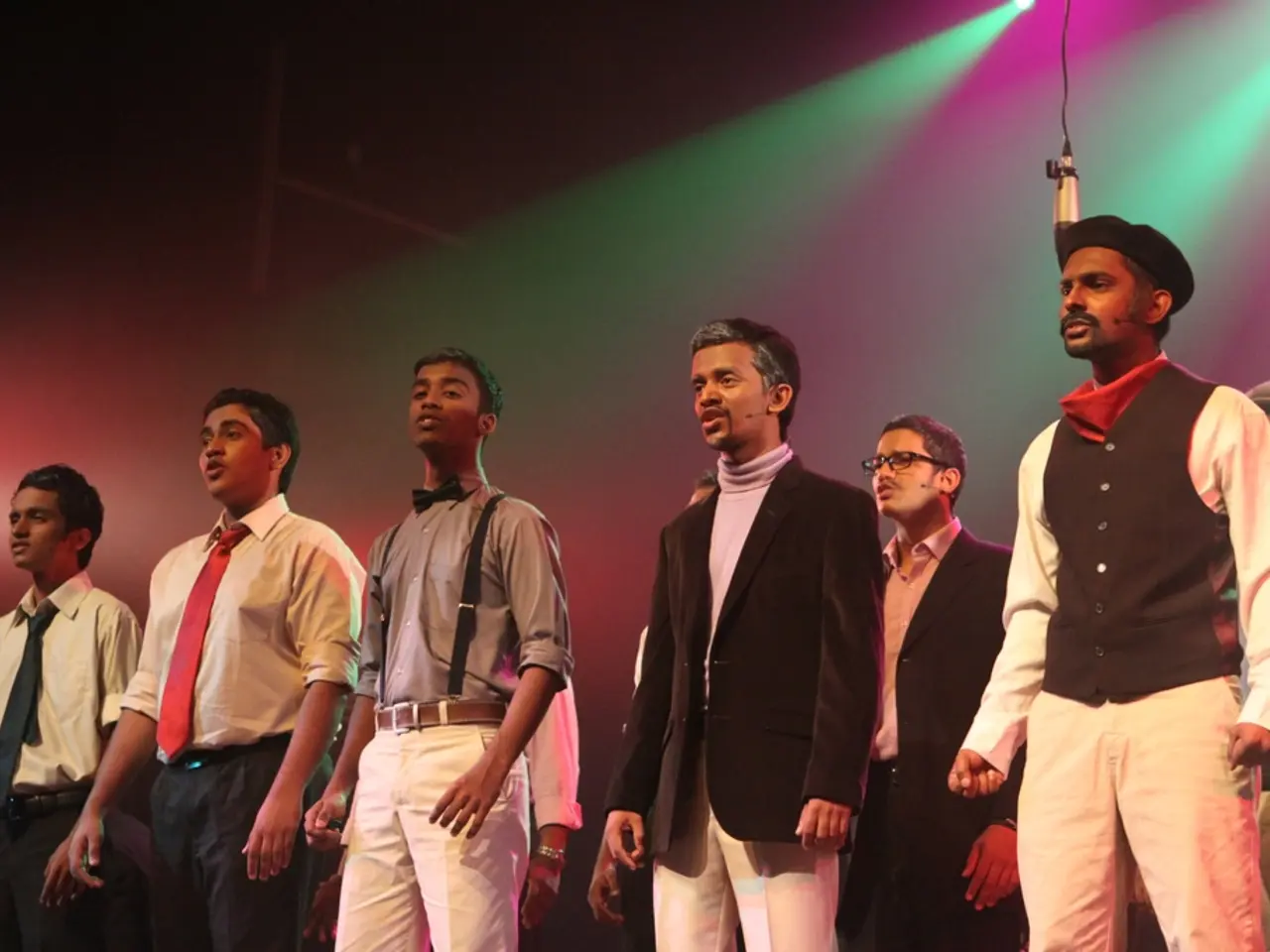Renowned theatre director Claus Peymann passes away.
## Claus Peymann: A Pioneer of German Theater
Claus Peymann (1937-2025), one of Germany's most influential and controversial theater figures, left an indelible mark on the German-language theater landscape with his provocative artistic choices and political stances.
### A Career of Key Productions
Peymann's early career at the Theater am Turm (TAT) in Frankfurt (1966-69) introduced groundbreaking works by Peter Handke and Gerlind Reinshagen, showcasing his commitment to contemporary, challenging material. His collaboration with Thomas Bernhard began with the 1970 premiere of "A Party for Boris" in Hamburg, a relationship that would span decades and cement Peymann's reputation as a leading voice for new writing and experimentation in German theater.
In 1970, Peymann co-founded the Schaubühne Berlin with Peter Stein, premiering Handke's "Ride Across Lake Constance." This move further established Peymann as a leading figure in the avant-garde theater scene. His tenure in Stuttgart (1974-79), Bochum (1979-86), Vienna (1986-99), and Berlin (1999-2017) saw him directing classics and championing new plays, demonstrating a mastery of both contemporary and traditional repertoire.
### Scandals and Controversies
Peymann's career was not without controversy. In 1977, while in Stuttgart, he caused a media and political uproar by collecting donations for the dental treatment of imprisoned members of the Red Army Faction (Baader-Meinhof Group). This act, seen as support for left-wing radicals, led him to leave Stuttgart and move to Bochum.
Peymann was also known for his "pithy remarks," often courting controversy with outspoken critiques of conservatism, institutions, and even his own audiences. His productions frequently pushed boundaries, challenging perceptions of authority, German history, and identity.
### Influence on German Theater
Peymann's commitment to world premieres and the works of new playwrights invigorated German theater, making spaces like the Schaubühne, Bochum, Burgtheater, and Berliner Ensemble centres for artistic discovery. His leadership inspired a generation of actors and directors, including Sebastian Koch, who switched from music to acting after seeing a Peymann production.
Peymann's daring choices and insistence on theater as a platform for political and social debate set new standards for risk-taking in German-language theater, influencing both programming and public discourse. He was recognised with awards including the Theaterpreis Berlin (1995) and honorary membership at the Burgtheater (2012).
In conclusion, Peymann's career was defined by a rare combination of artistic rigor and political edge. His productions not only introduced major new voices but also sparked debates far beyond the theater, leaving an indelible mark on German and European culture. His legacy is one of provoking, inspiring, and never relenting in the face of controversy.
Other renowned figures often graced the stages Peymann directed, lending their star power to his productions. Similarly, Peymann's dynamic approach to theater earned him the attention of other entertainment celebrities, who admired his radical vision and innovative methods.




